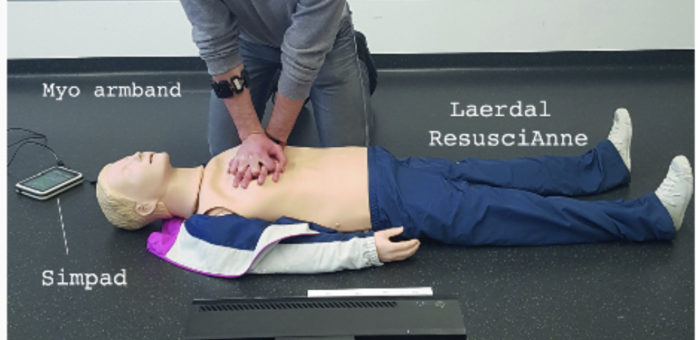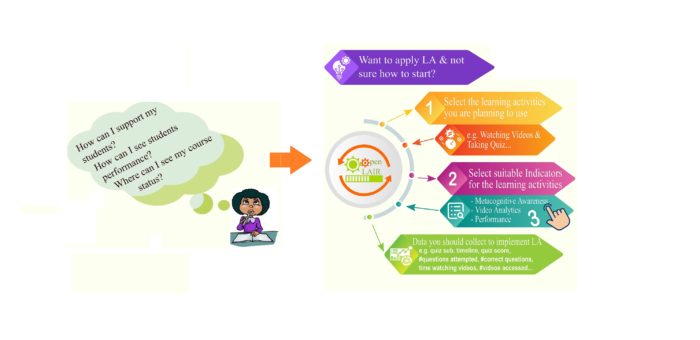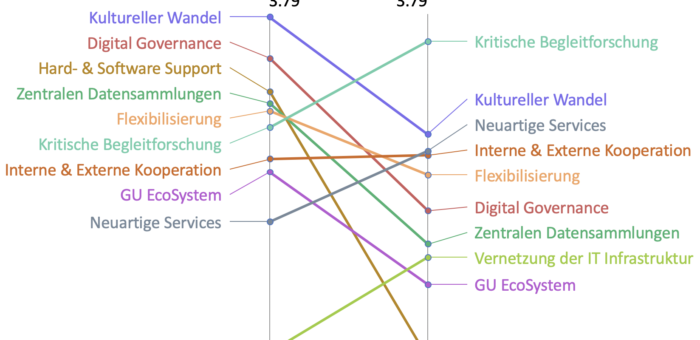
Towards Real-Time Multimodal Feedback with the CPR Tutor
We developed the CPR Tutor, a real-time multimodal feedback system for cardiopulmonary resuscitation (CPR) training. The CPR Tutor detects mistakes using recurrent neural networks for real-time time-series classification. From a multimodal data stream consisting of kinematic and electromyographic data, the CPR Tutor system automatically detects the chest compressions, which are then classified and assessed according to five performance indicators. Based on this assessment, the CPR Tutor provides audio feedback to correct the most critical mistakes and improve the CPR performance. To test the validity of the CPR Tutor, we first collected the data corpus from 10 experts used for model training. Hence, to test the impact of the feedback functionality, we ran a user study involving 10 participants. The CPR Tutor pushes forward the current state of the art of…





